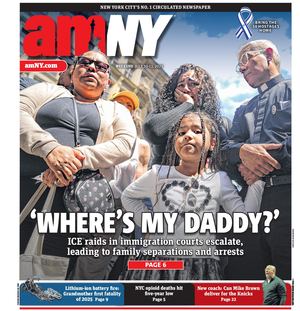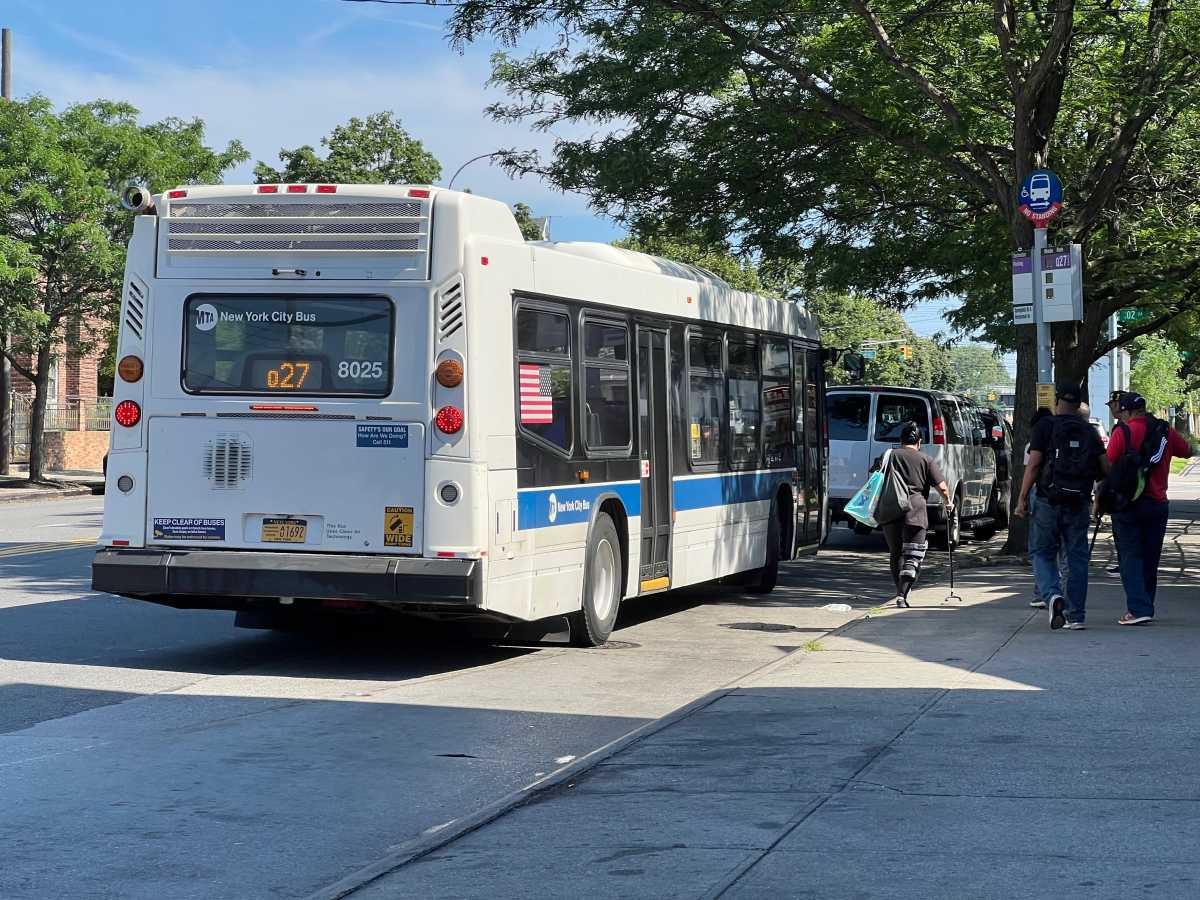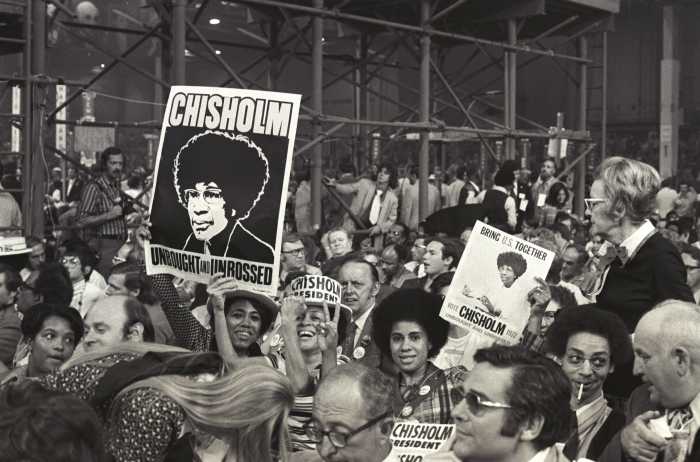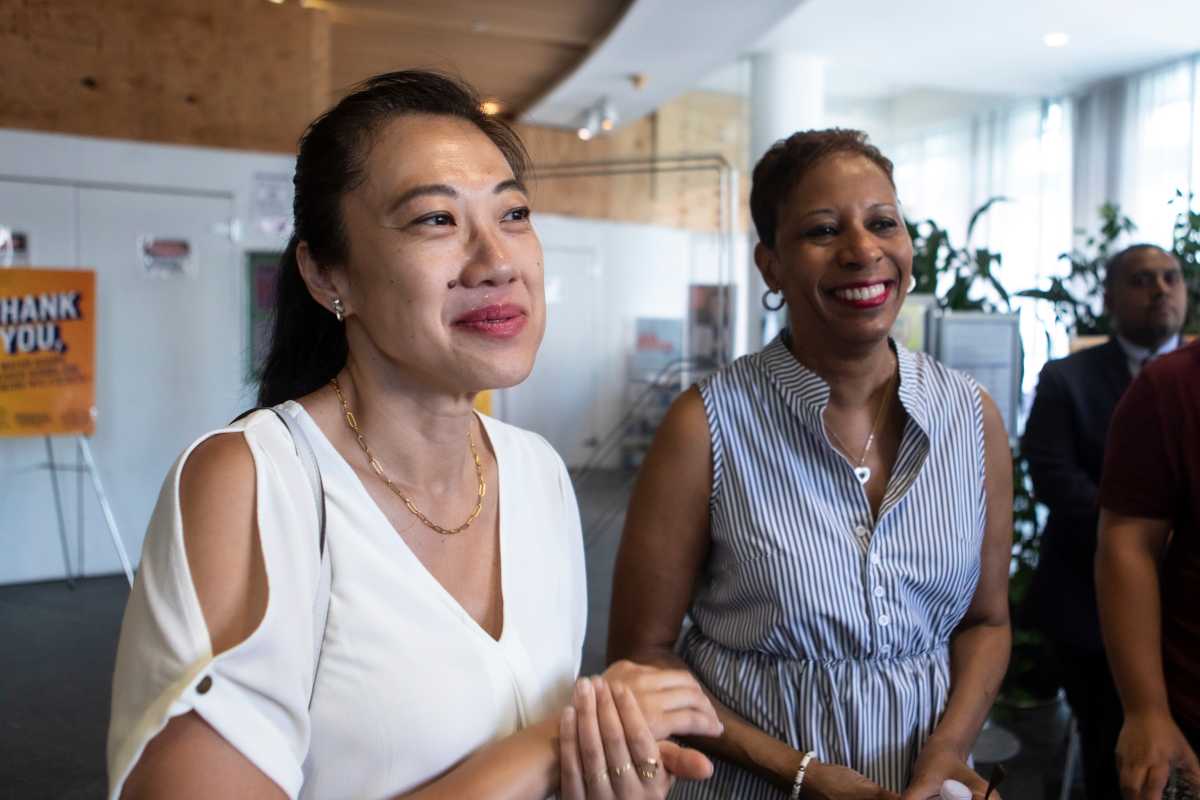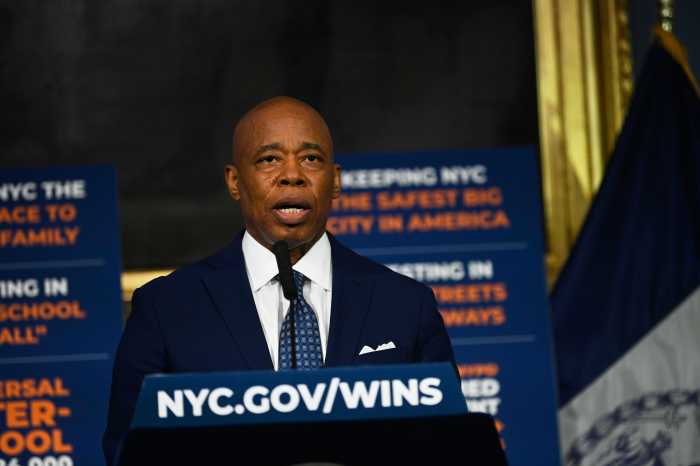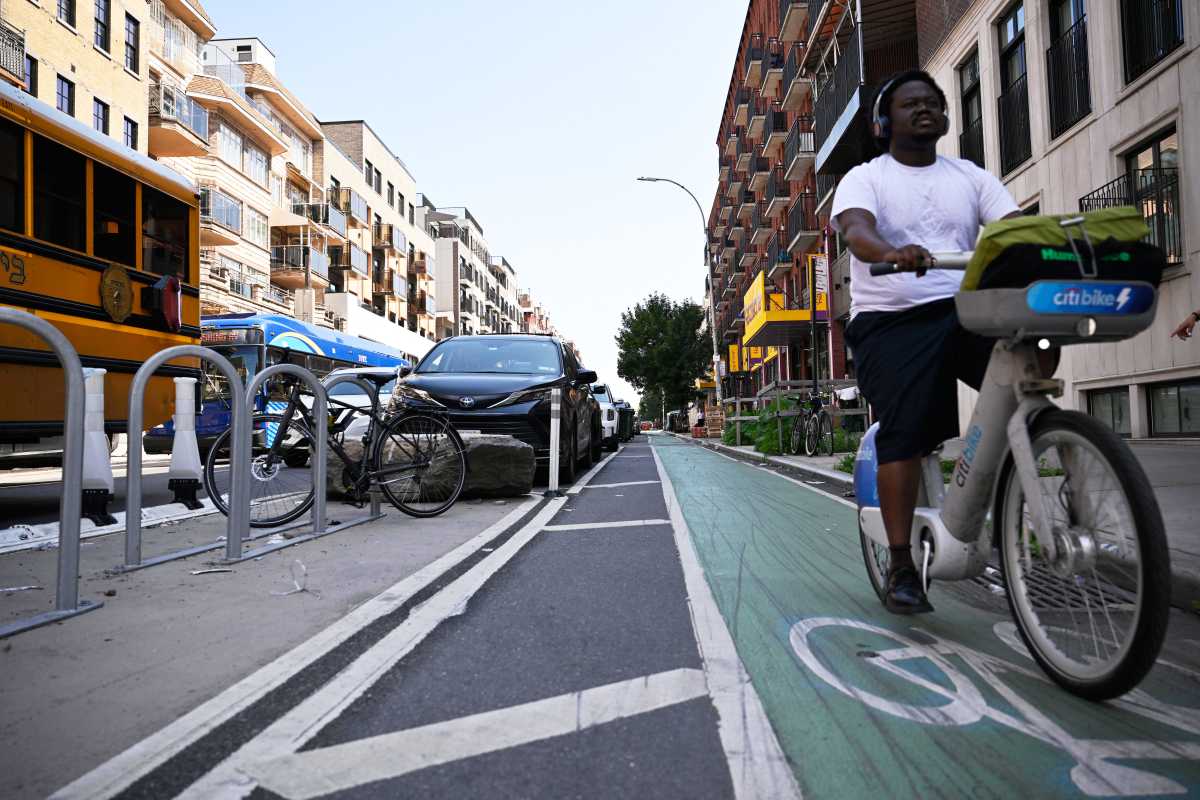BY STEVEN SKYLES-MULLIGAN | We have just been through a significant election in which our candidates performed well and our causes have advanced enough to nudge the core of our national discussion away from the right and back towards the middle. But that’s not what progressivism is about. In his recent book, “Herding Donkeys: The Fight to Rebuild the Democratic Party and Reshape America,” the Nation Institute’s Ari Berman points out that progressivism doesn’t work if it is merely about counting votes. It requires sustained grassroots activity — that’s all of us paying attention to what’s going on around us, at the national, state and local levels — and taking part in the discussion that shapes events and impacts our community.
Not all progress is progressive. We have certainly seen a great deal of “progress” in Chelsea over the past couple of decades. We are incrementally shedding that sleepy mixture of nineteenth century graciousness and rough-and-tumble funkiness that has defined the neighborhood for so long. Chelsea has become a destination as much as a neighborhood. The cranes sprouting from the far west side of our neighborhood point to still more expansion — and I recently heard a Republican candidate for mayor argue that the New York City Housing Authority should sell off some of its properties in prime locations (presumably including those in our neighborhood) to support those at the fringes of the city.
Progressive principles lead us to question each new development. Is it likely to reinforce or diminish the diversity of the community? Does it sustain permanently affordable housing side-by-side with new upscale dwellings? Will it provide new customers for reasonably-priced, local “mom and pop” businesses or will it accelerate their replacement with luxury stores and national brands? Finally, will the new development use its fair share of our resources — both natural (light, air and water) — and manmade (roadways, sidewalks and utilities)?
Posing those questions has led the Chelsea Reform Democratic Club and many other groups — including Save Chelsea, the Council of Chelsea Block Associations, the Greenwich Village Society for Historic Preservation and, in a somewhat different way, Community Board 4 — to engage in struggles to support or defeat various projects.
The most notable success, of course, was the defeat of the proposed West Side Stadium. That boondoggle would have required taxpayer support for a very profitable business concern, while greatly increasing traffic and stressing the neighborhood’s resources. Another success was somewhat bittersweet: the rejection of The General Theological Seminary’s efforts to overbuild on its property facing Ninth Avenue. That battle reflects what can happen when an organization is in a community but not of it. The more recent struggle over the Chelsea Market expansion provides still more lessons. It appears that enforcement of many of the minimal concessions made by Jamestown Properties in exchange for substantial upzoning will rely on good will, not the law.
It is never easy to see where “progress” will take us or to judge whether the results are predominantly good or largely bad. A century ago, the far west side of Chelsea was full of manufacturing and services catering to the thriving ports of Chelsea Piers. Now art galleries and other “new economy” businesses flourish there. Blue collar jobs and pursuits have yielded to white collar ones. More dramatically, the High Line has been converted from an abandoned freight railroad to a stunning park. At the same time, it has arguably become the backbone of all the new development — and upward economic pressure — in our neighborhood.
Change will happen, of course. That is the nature of civilization — but members of communities have the power to channel that change, to alter its flow and shape it so that it is more likely to serve the common good. Several groups in the neighborhood provide forums where these issues are deliberated freely. True progress occurs when more of us participate in those forums — whatever our personal viewpoints. It also occurs when we pull together to make our elected officials more accountable. Over the long term, that will require campaign finance reform, so that the public discourse is shifted back to “one person, one voice” from its current “one dollar, one voice” basis.
There is always a public cost to “progress.” That cost should rarely, if ever, outweigh the public benefit.
— a 20-year resident of Chelsea and longtime president of the Chelsea Reform Democratic Club
